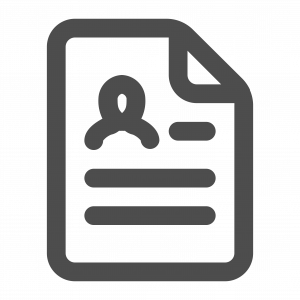Web Information
 Introduction
Introduction
The internet has changed the way that students and professionals do research. There is an enormous amount of information available at our fingertips that we can access any time through our computers and phones. But, how can we make use of all this information when we are conducting research? How can we make sure that the information we are finding is appropriate and credible? This module will help you become better at finding and evaluating information online.
 Modes of Learning
Modes of Learning
In this module, students will use the following modes of learning:
- Videos and short assessments
This module will take approximately 25 minutes to complete.
 Intended Learning Outcomes
Intended Learning Outcomes
By the end of this module, you will be able to…
- Recognize some of the types of information that you can find on the web
- Identify and apply some advanced web searching techniques
- Evaluate web information using the RADAR criteria
 Key Terms & Concepts
Key Terms & Concepts
- Grey literature
- RADAR
 Topic 1: Web Information
Topic 1: Web Information
In this video you will be introduced to web information. You will consider the qualities of an effective research question and the types of sources that are available on the web.
Watch Web Information in full screen.
 Quiz
Quiz
 Topic 2: Advanced Web Searching Techniques
Topic 2: Advanced Web Searching Techniques
In this next video, you will learn about advanced web searching techniques and some strategies to find relevant and credible sources related to your research question.
Watch Advanced Web Searching Techniques in full screen.
 Quiz
Quiz
 Topic 3: Evaluating Web Information
Topic 3: Evaluating Web Information
In this video, you will learn about why it is important to evaluate sources before you use them. You will be introduced to the RADAR framework as a way to check the credibility of sources.
Watch Evaluating Web Information in full screen.
 Quiz
Quiz
Use Reasons why people become engineers to answer the questions in the quiz below.
 Summary
Summary
In this module, you learned new strategies for using a familiar tool: the web search engine. You considered what types of information you can find online, explored the options available for using an Advanced Search tool to focus your search, and learned how to use the five RADAR criteria to evaluate your sources.
 References
References
[1] Government of Canada, “Computer Software Engineer in Canada.” https://www.jobbank.gc.ca/marketreport/outlook-occupation/5485/ca (accessed Nov. 12, 2021).

